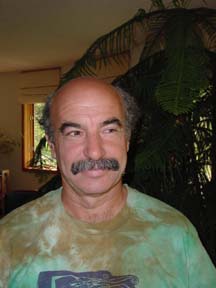By Richard Black Environment correspondent, BBC News website
The Arctic is losing its old, thick ice faster than in previous years, according to satellite data.
The loss has continued since the end of the Arctic summer, despite cold weather across the northern hemisphere.
The warm 2007 summer saw the smallest area of ice ever recorded in the region, and scientists say 2008 could follow a similar pattern.
Older floes are thicker and less saline than newly-formed ice, meaning they can survive warm spells better.
It is not likely that perennial ice will recover in the long term.
Ice more than two years old now makes up about 30% of all the ice in the Arctic, down from 60% two decades ago.
The Arctic is losing its old, thick ice faster than in previous years, according to satellite data.
The loss has continued since the end of the Arctic summer, despite cold weather across the northern hemisphere.
The warm 2007 summer saw the smallest area of ice ever recorded in the region, and scientists say 2008 could follow a similar pattern.
Older floes are thicker and less saline than newly-formed ice, meaning they can survive warm spells better.
It is not likely that perennial ice will recover in the long term.
Ice more than two years old now makes up about 30% of all the ice in the Arctic, down from 60% two decades ago.

No comments:
Post a Comment